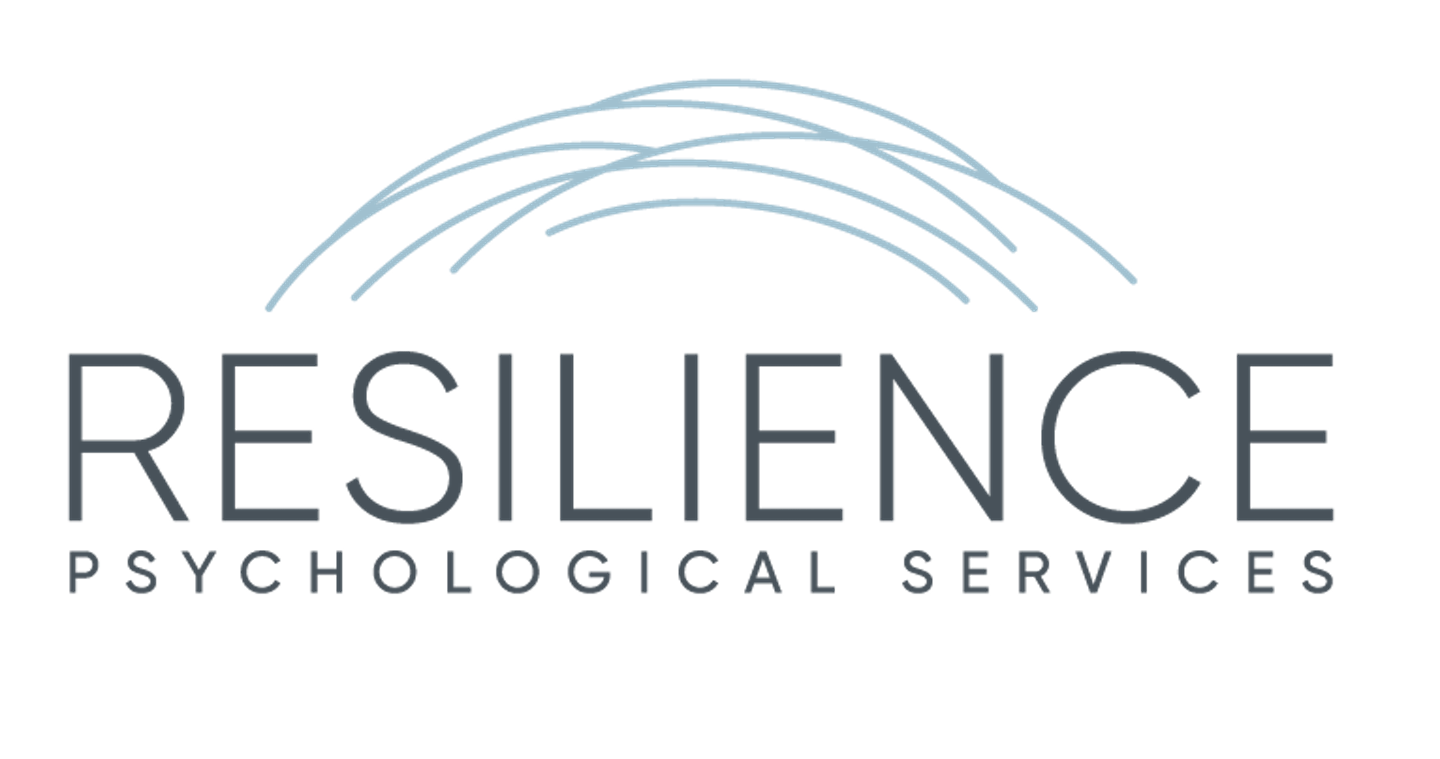Dialectical Behavior Therapy
Dialectical Behavior Therapy (DBT) is a type of therapy designed to help individuals manage intense and overwhelming emotions, reduce self-injuring behaviors, develop coping strategies, and improve their relationships.
Created by Dr. Marsha Linehan, DBT is an evidence-based treatment for individuals struggling with a wide range of mental health challenges, including addiction, anxiety, complex trauma, depression, disordered eating, emotional dysregulation, and PTSD. It is also an effective treatment for individuals seeking to reduce self-injury and/or suicidal behaviors.
CORE Components
Mindfulness: This skill helps individuals focus on the present moment and observe their thoughts, emotions, and surroundings without judgment. Mindfulness fosters greater emotional awareness and self-acceptance.
Distress Tolerance: Distress tolerance skills teach how to handle emotional crises and stressful situations without resorting to harmful behaviors. Techniques include distraction, self-soothing, and radical acceptance to help ride out difficult emotions safely.
Emotion Regulation: DBT provides tools to better understand, identify, and manage intense emotions. This involves reducing emotional vulnerability, recognizing triggers, and learning strategies to shift from overwhelming emotional states to more balanced, controlled ones.
Interpersonal Effectiveness: These skills help improve communication, set boundaries, and resolve conflicts. Individuals learn to assert their needs, negotiate solutions, and maintain healthier relationships while respecting others' needs and boundaries.
DBT is unique in that it combines acceptance strategies—encouraging individuals to embrace their current emotions—with change strategies aimed at building new, healthier ways of responding to life’s challenges. This balance of acceptance and change helps individuals create a more stable, fulfilling life, even in the face of ongoing emotional difficulties.
Who IS IT FOR?
DBT is ideal for individuals who:
Are grappling with addiction, anxiety, complex trauma, depression, disordered eating, or PTSD.
Are seeking practical strategies to reduce emotional suffering and improve their ability to cope with stress.
Experience self-injury, suicidal thoughts, or impulsive, high-risk behaviors.
Have difficulty maintaining stable relationships or controlling their reactions during conflicts.
Struggle with intense emotions and emotional dysregulation.
At Resilience, our therapists offer a flexible, compassionate approach to help you develop the emotional and interpersonal skills you need to thrive. Let us support you on your path to healing.






